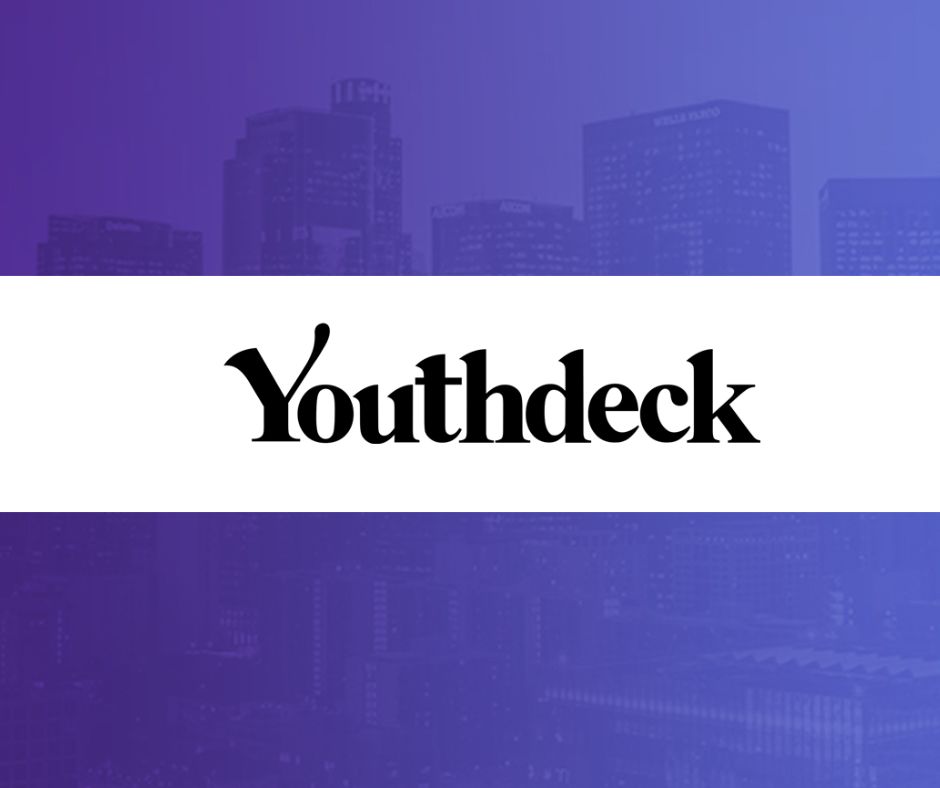Deadline: April 7, 2023
Applications are open for the Rosalynn Carter Fellowships for Mental Health Journalism 2023-2024. The Carter Center’s Rosalynn Carter Fellowships for Mental Health Journalism support a diverse cohort of journalists from Latin America, Qatar, the United Arab Emirates, and the United States. Fellows are deeply committed to exploring some of society’s biggest mental health challenges.
The mental health journalism fellowships program was founded in 1996 by former First Lady Rosalynn Carter based on an essential premise: give journalists the resources they need to report on mental health — one of the world’s most underreported health issues — to help dismantle through storytelling the stigma that millions of people face every day.
Over the past two decades, more than 220 journalists from New Zealand, Romania, South Africa, and current participating countries have been awarded the highly-competitive fellowships. Today, fellows work within their newsrooms and beyond to report on mental health challenges and transform their communities in the process.
Eligibility
- Be a citizen or legal resident of the United States.
- Be a citizen or legal resident of any country in Latin America, Qatar, or United Arab Emirates.
- Have at least three years of professional experience in journalism (writing, reporting, editing, producing, filmmaking et al). Projects are tailored to fellows’ experience and interests and should be relevant to the dynamic mental health and substance use landscape in their country or coverage area. Fellows employed full-time are not required to leave their jobs. Preference is given to journalists who work with or for a media outlet that expresses support for and commitment to publishing or broadcasting fellowship projects.
- Have a strong interest in mental health reporting during and after the fellowship year. Previous mental health reporting experience is not required.
- The Learning Lab to train and prepare fellows for the fellowship year, held at the beginning and end of the fellowship year every September, is virtual due to Covid-19 until further notice. Previously, fellows attended training at The Carter Center.
Application
The following are required materials for application:
- Short Biography. A paragraph including a biography, accomplishments, and awards.
- Summary of proposed project. A short paragraph describing the issue you would like to report on, why you have selected that issue and what you hope to achieve with your reporting. (150-word limit)
- Resume that includes media organizations for which you have worked or produced work, professional memberships, and other achievements.
- Informal essay (800-word maximum)
- Describe your reasons for applying for the fellowship.
- Clearly outline your proposed project and a plan for completion, including your expected project timeline and potential obstacles, if any.
- Discuss the significance and timeliness of your topic.
- Describe the potential impact of the project.
- Describe your reasons for applying for the fellowship.
- Work samples
- Submit two samples of your best work, at least one of which should be in the medium proposed for your project. Please do not submit hard copies that cannot be replaced; mailed materials cannot be returned.
- Work samples do not have to be mental health related.
- Letters of recommendation
- One letter of recommendation is optional for submission.
- If you opt not to submit a letter of recommendation, it will not count against your application.
- If you decide to submit a letter of recommendation, please submit a letter from someone familiar with your work.
- The recommender should be able to speak to the quality of your work and commitment to your project and/or mental health reporting.
- The recommender will be asked to submit their letters online after the application has completed the application.
- Letter of support from media outlet: Applicants must provide one letter of support from a media outlet.
- If you have a full-time employer, one letter from your publisher, editor, manager or newsroom leader in support of your application and/or project is required.
- If you’re a freelancer or self-employed, the letter of support must come from an individual familiar with your work. Preference will be given to applicants with letters from editors or publishers that indicate a clear interest and strong likelihood of running the fellowship project.
- The letter of support should be submitted online once the applicant has completed the application process.
For more information, visit Rosalynn Carter Fellowships.


